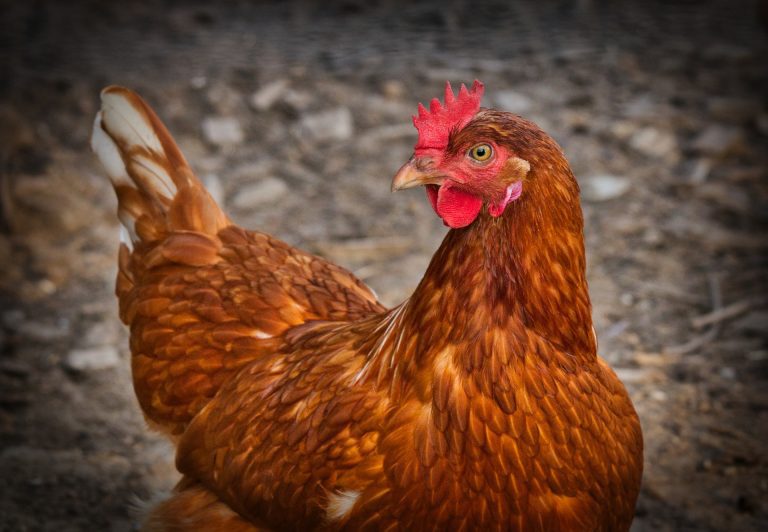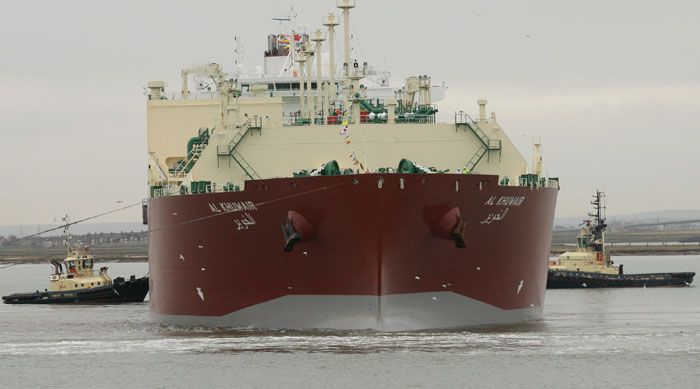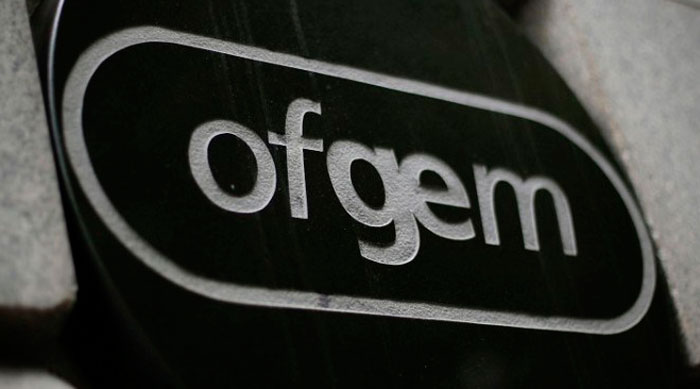If you’re involved in a farming operation, then you’ll be aware of just how much energy is needed to maintain a living. Whether it’s tractor use, ensuring the needs of livestock are met, or heating any number of crop stores – all are extremely energy-intensive. The predicament can be even more critical during the autumn and winter months, when harsh conditions make it more difficult for farmers to harvest, package and distribute produce. Add this to the challenges that come with heating rural, remote and off-grid agricultural locations (traditionally served by inefficient fuels like oil), and a farm’s energy supply can become quite problematic. For farmers looking for a greener, cheaper and more effective off-grid fuel solution that’s reliable even in colder seasons, LPG (liquefied petroleum gas) could be an alternative. LPG has increasingly become a go-to for farmers looking to meet ongoing heating or operational needs without compromising on outputs and the quality of their end product – or becoming dependent on an expensive alternative fuel. Farming and off-grid use Available in gas cylinder and bulk form, LPG provides an alternative to oil and solid fuels for off-grid agricultural use. It can be used for heating or transport in all types of farming processes, and delivers a range of operational and environmental benefits. From dairy processing and poultry rearing right though to maintaining the perfect temperature for crop drying (or even propane enrichment of biomethane in anaerobic digestion plants), farmers have turned to LPG for its cleaner, more cost-effective and easily-controllable capabilities. For farmers looking to understand the benefits of LPG, here is advice on how gas can become an essential part of efficient farming in the winter months: 1. Livestock and energy usage Whether it be barn ventilation, lights, supplying food and water or manure handling, poultry cultivation requires a huge amount of energy. For birds and livestock, a constant heat supply is crucial to their survival – especially during colder seasons. By choosing LPG, farmers and animals can potentially benefit from: – An efficient and cleaner-burning fuel, LPG reduces the risk of contamination within livestock (through feeds and litter) – ensuring that animals are kept as safe as possible. – The moisture produced by LPG heating is the perfect level to promote speedy feathering and weight gain amongst poultry. – Choosing an LPG supplier with a national supply network means deliveries can be made quickly and efficiently, keeping birds warm all-year round. 2. Weighing up the green benefits For farmers looking for greener ways of working, LPG can offer environmental benefits. It’s a lower-carbon alternative to conventional fossil fuels, cutting carbon emissions by approximately 15 % compared to heating oil (and 33% compared to coal). It also doesn’t produce black carbon – which is a major contributor to climate change. As a transport fuel for tractors or other farming machinery, it’s also estimated that LPG (or propane) produces up to 24% fewer greenhouse gas emissions than gasoline, and 11% fewer emissions than diesel engines. Not only that, but the risk to the local environment is also kept to a minimum, as propane is non-toxic – providing a cleaner, greener, and cost-effective fuel solution for all kinds of farming uses. 3. When heating is needed for horticulture Maintaining constant temperatures for commercially grown plants and flowers is crucial to securing profits. When temperatures begin to drop, plants are naturally at greater risk of being damaged by frost, so it’s important to have the right heating system in place. LPG, as opposed to other off-grid options like oil, allows plant growers to benefit from a cleaner burning fuel, ensuring crops remain free from contamination. Depending on the size of the operation, farmers can also choose between an LPG gas bottle (which can easily be handled and lifted) and LPG gas tanks (which can be topped up automatically), meaning an energy system that delivers a constant heat supply for horticulture. 4. Using LPG to dry crops and grains When it comes to drying crops and grains, an LPG system can be a huge commodity to farmers looking to dry their produce quickly. As a highly controllable source of fuel, LPG makes for a more precise drying process, allowing farmers to maintain ideal levels of moisture without over-drying. The result is quicker drying all round, whilst also enabling farmers to preserve the quality of their crops, and ensure that the final product meets market specification. Additionally, with LPG grain drying technology, there’s the potential to recycle heated air, providing an even more efficient way to dry grain, without increasing fuel consumption. Sources https://lpg-apps.org/index.php?mact=LPGApi,cntnt01,application,0&cntnt01application_id=16&cntnt01returnid=17&cntnt01sector_id=2&cntnt01subsector_id=24 https://www.flogas.co.uk/business-lpg-farming#lpg-supply-options-41 Gas for Off-grid Britain’ Report, UKLPG, https://www.uklpg.org/resources/gas-for-off-grid-britain Gas for Off-grid Britain’ Report, UKLPG, https://www.uklpg.org/resources/gas-for-off-grid-britain https://www.smithgas.com/propane-uses-in-agriculture







